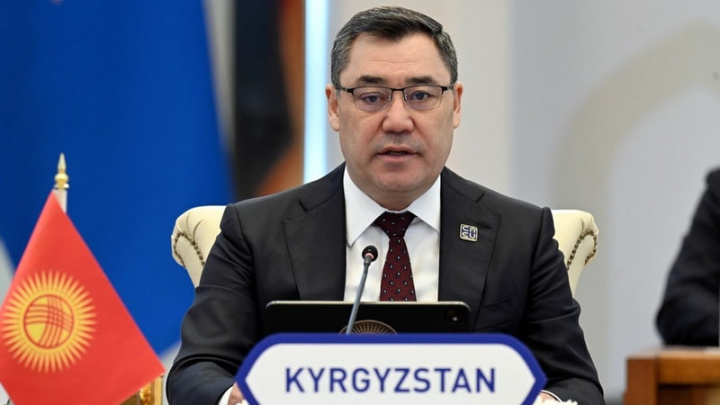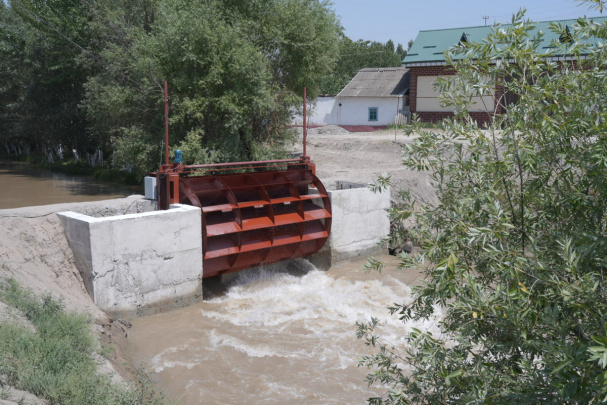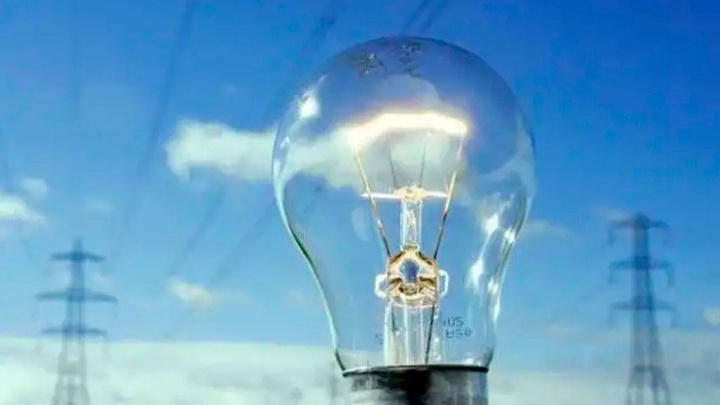Ministry of Energy: A difficult situation has developed in the country's fuel and energy complex
In recent days, a difficult situation has developed in the fuel and energy complex of the country. Electricity is regularly cut off in all regions of Uzbekistan. The Ministry of Energy decided to talk about the reasons. There is no talk about a bright energy future, about continuous and stable supply, and the reason is standard, like in winter - if we don’t turn it off, it will get worse.

Photo: Kun.uz
According to the press service of the Energy Ministry, in June, in order to safely carry out work on modernization and reconstruction, targeted shutdowns were carried out in a number of areas in the system.
According to their data, Territorial Electric Networks JSC and regional branches, as well as the pages and channels of the Ministry of Energy in all social networks, report this at least a day in advance (usually they provide information only about Tashkent).
As a result, only in Tashkent, 542 transformer substations and 592.36 km of power transmission lines were completely repaired, 923 transformers and 702.3 km of overhead lines were repaired. In accordance with the program for the renewal of low-voltage electrical networks, 930.6 km of low-voltage power lines and 228 transformer points were updated.
In addition, at the Sagbon, Yunusabad, Kokand, Karvon, Korasuv, Yalangoch, Tuzel and Sergeli-35 substations, 9 low-power transformers were replaced with high-power transformers.
Currently, contractors are continuing the construction of substations for the industrial zones Yunusabad city, Tashkent city, Olmos, New Uzbekistan and Yangihayot and the construction of new power transmission networks to provide them with electricity.
“In order to safely carry out these works and prevent risks to the health and life of electricians, consumers in the respective territories are temporarily disconnected from the power supply at certain times of the day,” the report reads.
The Ministry of Energy also said that hot weather in July makes it difficult to supply electricity. They reminded that it is hot not only in Uzbekistan, but in other countries of the world.
In order to avoid an accident, the most expedient measure is temporary disconnection from the network and temporary disconnection of a number of households, budgetary organizations and business entities. This will prevent unexpected accidents and save money and time.
“To put it simply, disconnecting the site from the network for two to three hours to cool the cable that is hot from the outside in the sun and from the inside from overloading the cable is a better solution than the burning of the cable and transformer and the absence of electricity for 10-12 hours,” the Ministry of Energy noted.
Recently, the average daily electricity generation amounted to 107.8%, the average monthly generation - 106.2%, the annual figure - 101.8%.
It also became known that in recent days a number of new production capacities have been commissioned - 2 power lines with a voltage of 500 kV, a thermal station with a capacity of 1,500 MW in the city of Shirin, Syrdarya region, a 200 kV Ispaysoy micropower plant in the Bostanlyk district, and a new Olmos substation in Yashnabad district were put into operation, providing electricity to more than 30,000 households.
“But I must say that the expense is also appropriate. For example, today the average consumption is 11,200 MW per day. Even at certain times of the day, mainly during hot weather, electricity consumption is equal to the amount of electricity produced, and sometimes even exceeds the demand. This clearly confirms the fact that only in July a record of daily consumption was recorded twice,” the report reads.
In their opinion, in the current situation, not taking the necessary precautions, saying that “we will ensure continuity at all costs”, and realizing that an inevitable emergency situation may arise, and not turning off overvoltage sections in an effort to achieve stability is not a solution.
On the contrary, this leads to a big problem.
“In such a situation, it is most optimal to strictly observe energy saving, cool only one room, and not all rooms in apartments, disconnect unused electrical equipment from the network, turn off light bulbs, especially during the day. We ask for a correct understanding and support for the mandatory measures implemented by the Department of Energy and its organizations in today's abnormally hot conditions,” the conclusion says.
Recommended
List of streets and intersections being repaired in Tashkent published
SOCIETY | 19:12 / 16.05.2024
Uzbekistan's flag flies high on Oceania's tallest volcano
SOCIETY | 17:54 / 15.05.2024
New tariffs to be introduced in Tashkent public transport
SOCIETY | 14:55 / 05.05.2023
Onix and Tracker cars withdrawn from sale
BUSINESS | 10:20 / 05.05.2023
Latest news
-
Uzbekistan’s population reaches 37.7 million: Men slightly outnumber women
POLITICS | 14:06 / 05.04.2025
-
EU commits to long-term cooperation with Central Asia on transport, energy, and innovation
POLITICS | 14:03 / 05.04.2025
-
Investigation closed: Authorities deny torture after man taken for interrogation dies in custody
SOCIETY | 13:10 / 05.04.2025
-
Greenery disappears as road expands: Tree uprooting in Boysun sparks public outcry
SOCIETY | 13:08 / 05.04.2025
Related News

13:03 / 05.04.2025
Electricity grid worker and accomplice arrested for large-scale power theft

16:12 / 04.04.2025
Sadyr Japarov urges EU investment in Kyrgyz hydropower, rare metals

13:37 / 04.04.2025
Uzbekistan plans to build 3,000 micro hydropower plants by 2026

15:53 / 02.04.2025



